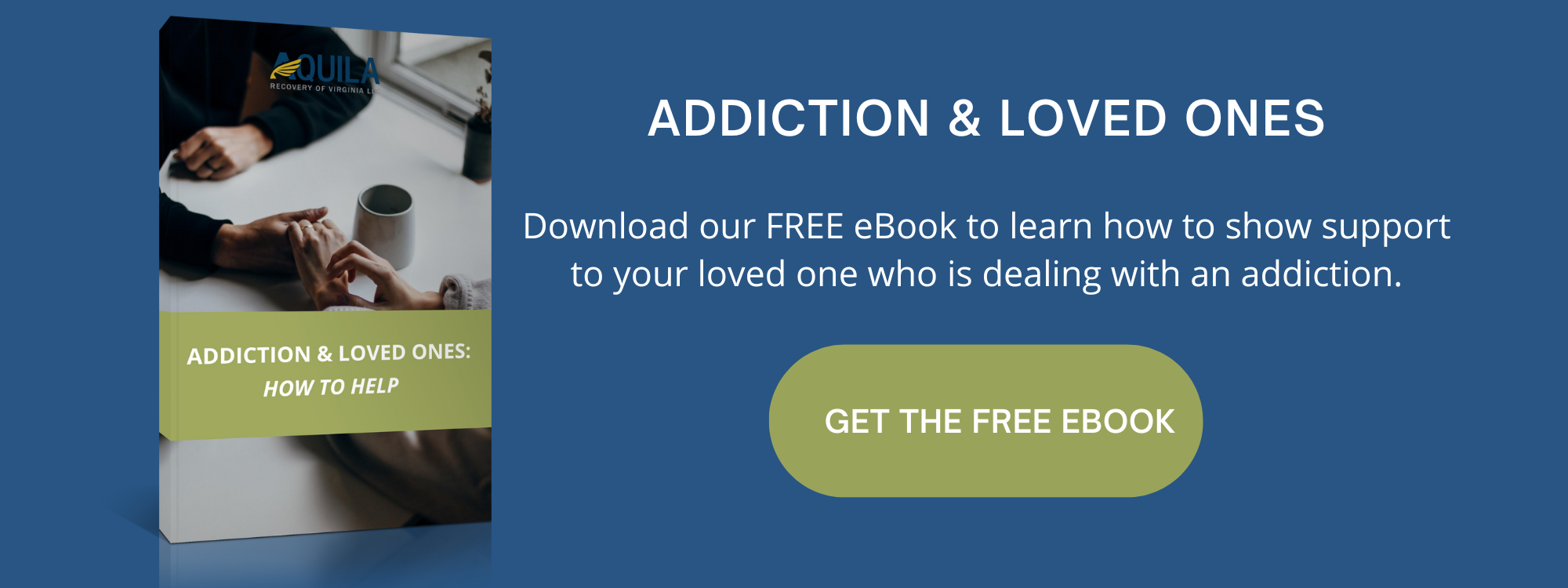Nowadays, it’s almost impossible to ignore the constant bombardment of advertising day-in and day-out. We all see ads showing up in some most unexpected places and alcohol advertising is no different. One recent ad campaign looks like it’s promoting safe drinking by showing women shunning their nearly passed out would be suitors, only to actually be for a beer company.
Even though it’s illegal to target alcoholic beverages to minors, it’s inevitable that the message comes through one way or another. Underage drinking is a widespread problem and recent surveys done in the United States show that the average age a boy has his first drink is 11 years old, for a girl, it’s 13. Research tells us that one of the reasons teens are more likely to get addicted to alcohol is because the part of the brain’s pleasure center matures before the parts controlling impulse and decision making. Which can lead to devastating results.
First and foremost, underage drinking illegal. And there’s a very good reason for that. Underage drinking can lead to a higher chance of becoming a victim of a violent/sex crime, have health issues both short and long term (including symptoms of anxiety and depression) as well as having a higher risk of alcohol-related traffic accidents. And other factors including race, genetics, gender and certain personality traits can augment these issues.
The best thing to do if you if you are a parent, teacher, or caregiver is be aware that you can have a very important role in shaping how that child views alcohol. Especially during their preteen and teenage years. Naturally it follows that children who come from a more stable home environment are less likely to be underage drinkers, and generally have the sense of right and wrong. Speaking to a child openly and honestly on how alcohol effects someone’s body and mind and how, for them, it is even more important because they are still developing. Serious and permanent damage can occur due to underage drinking. In addition, the immediate ramifications of underage drinking, such as impaired judgment, can lead to even more risky behavior and increase the factors that contribute to teenagers using and abusing drugs.

